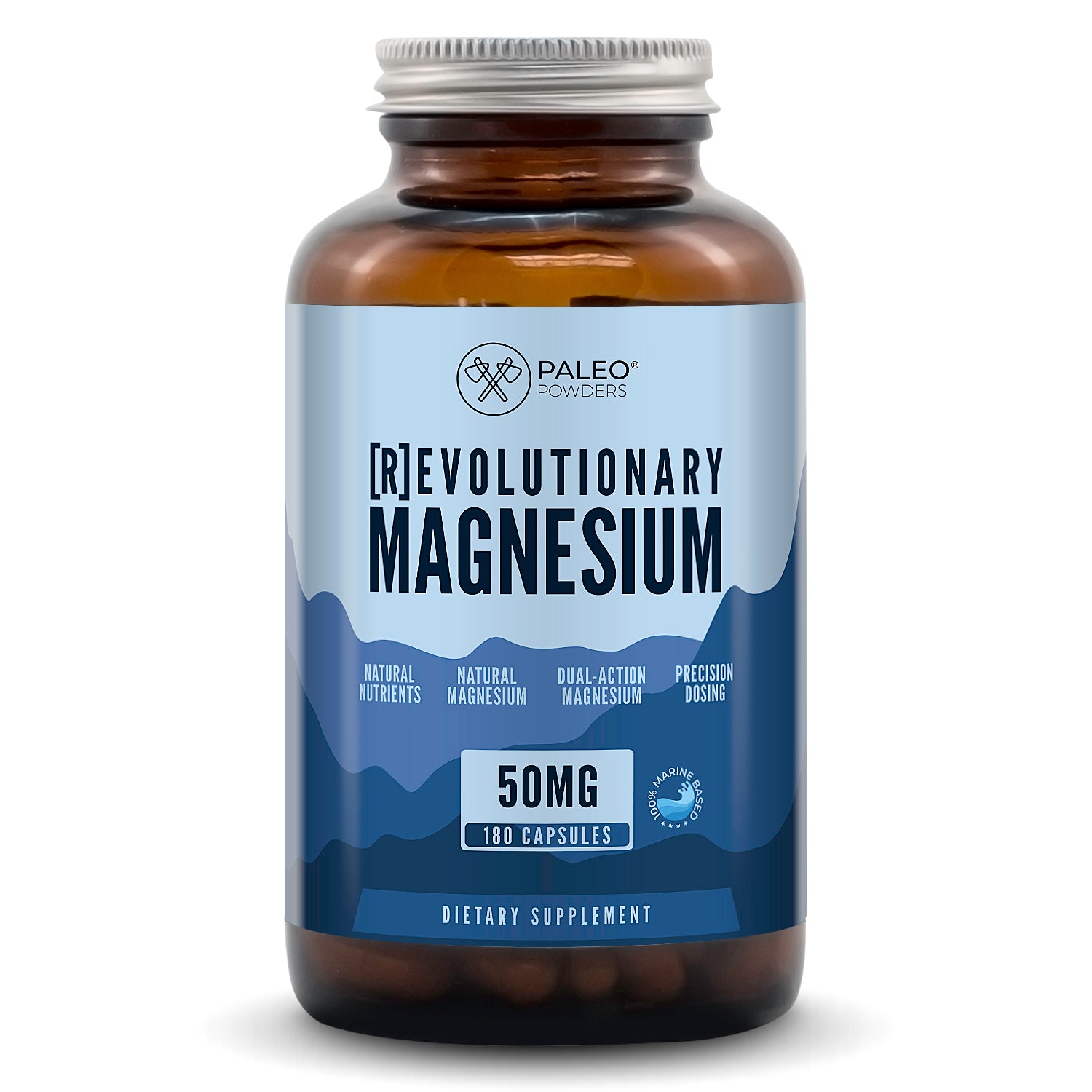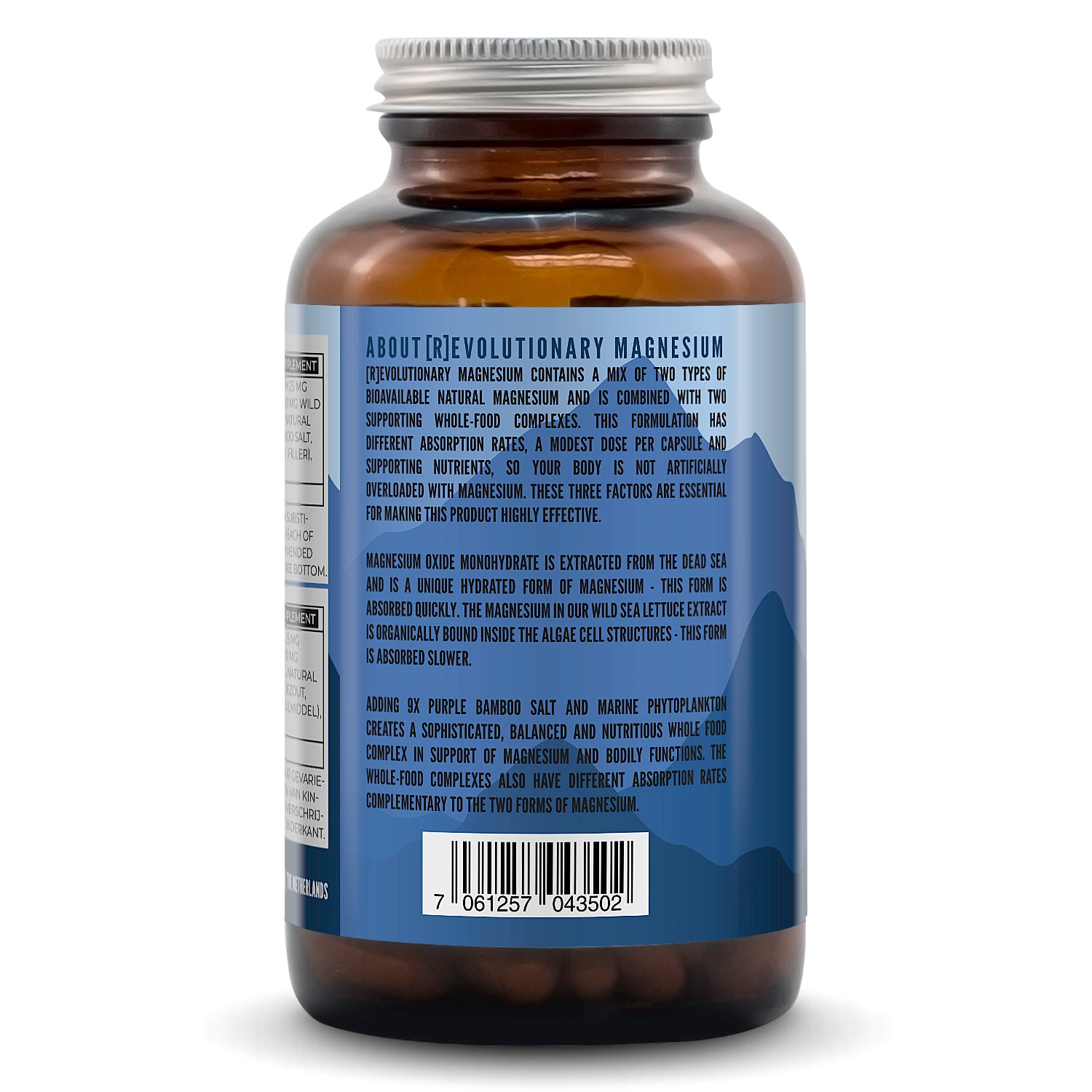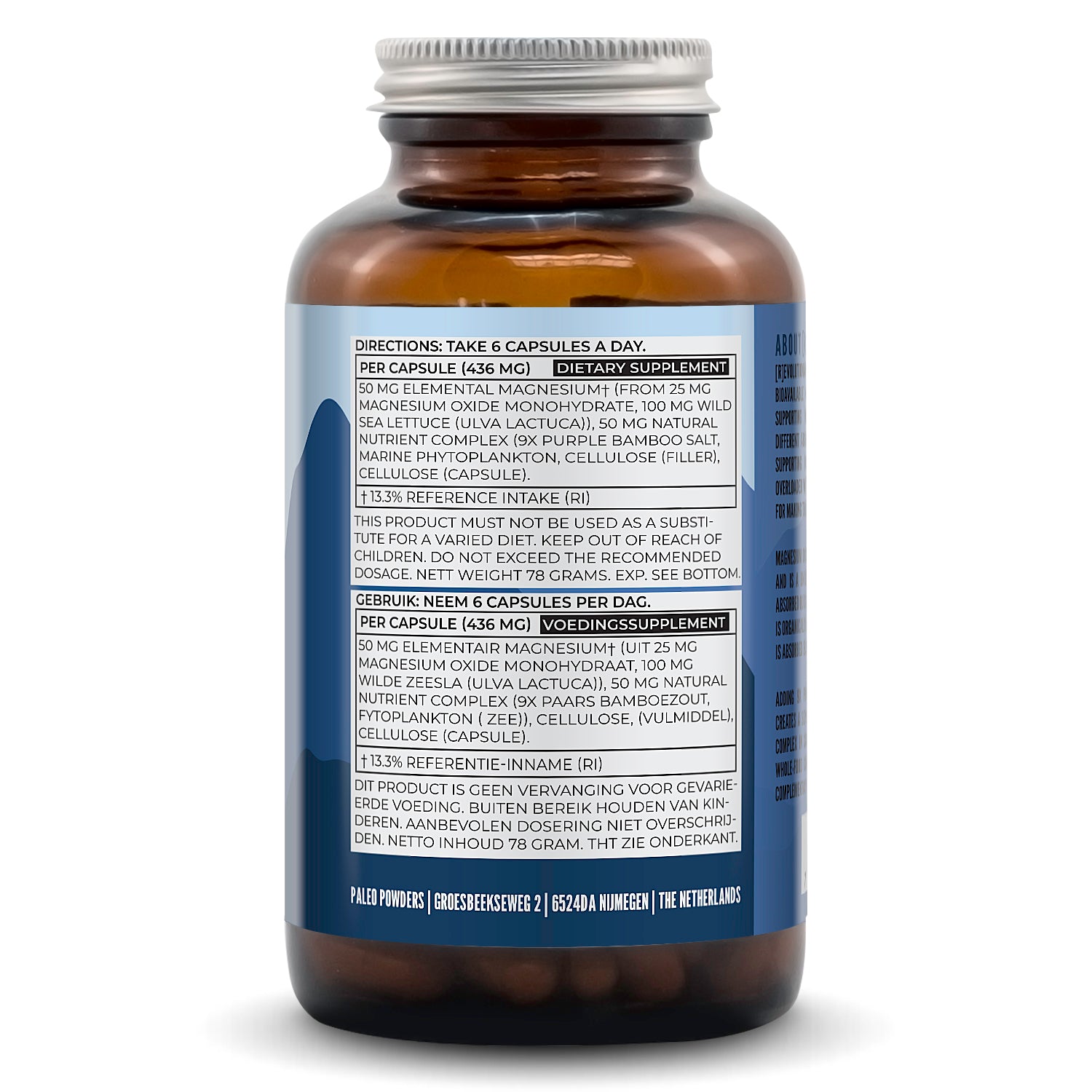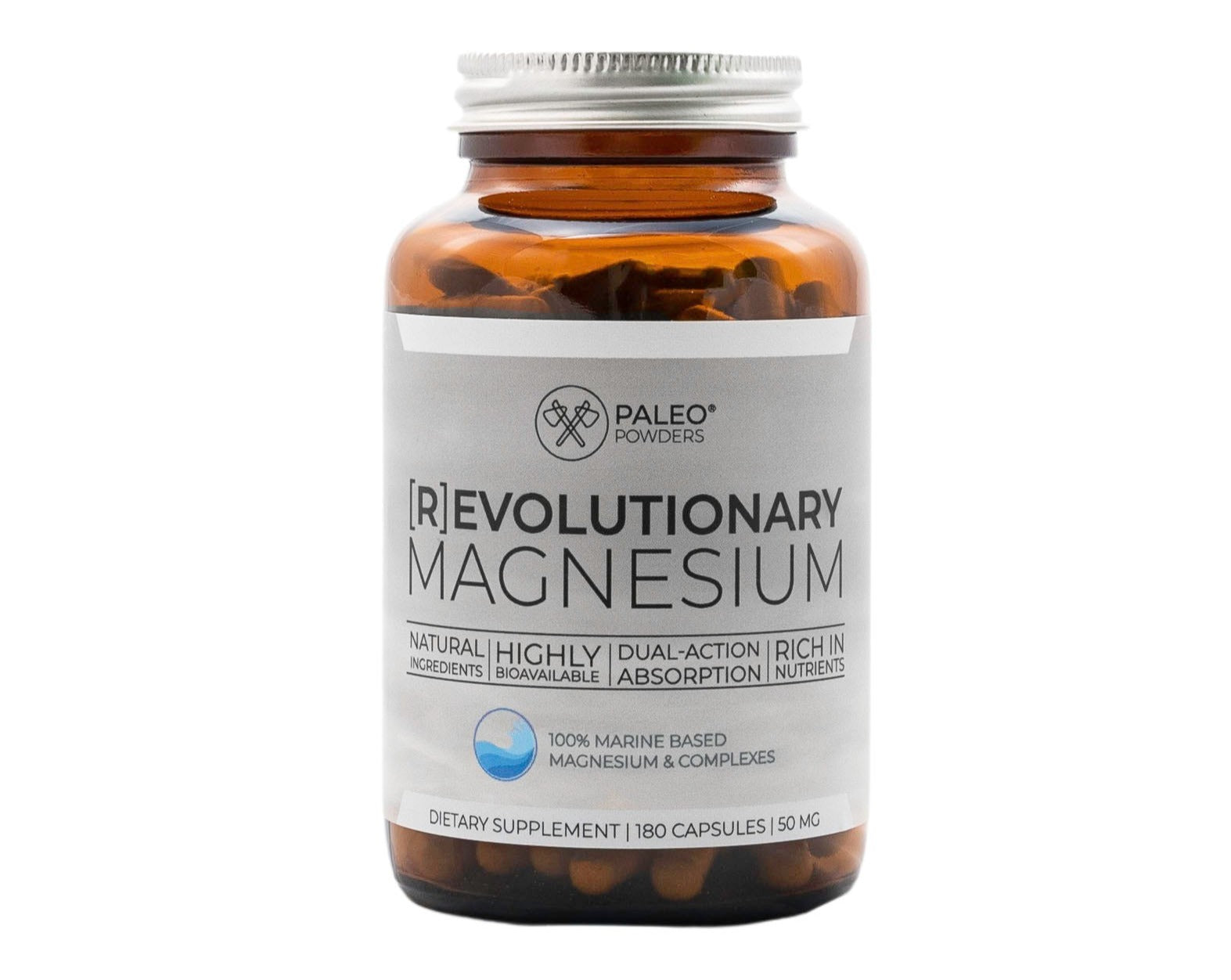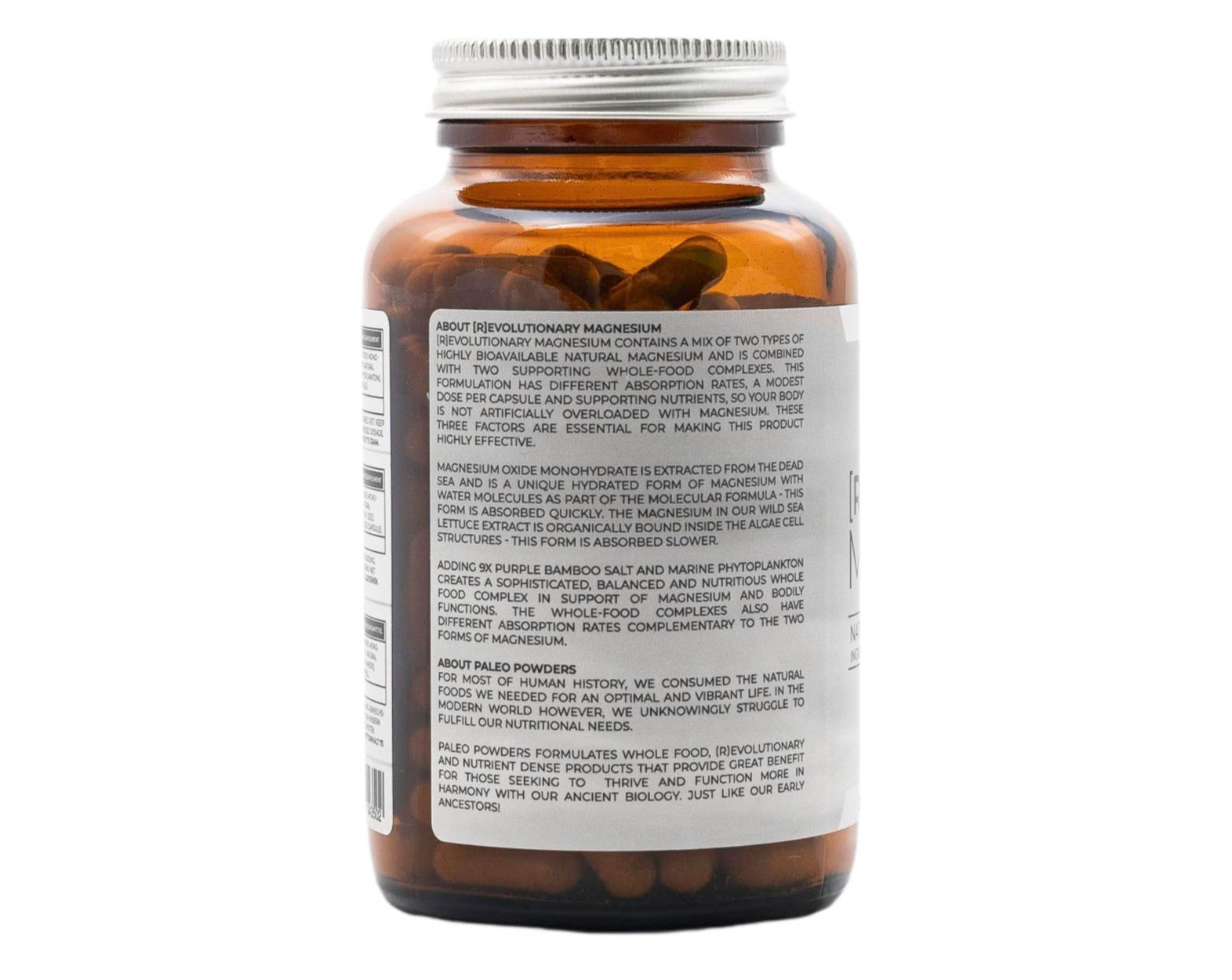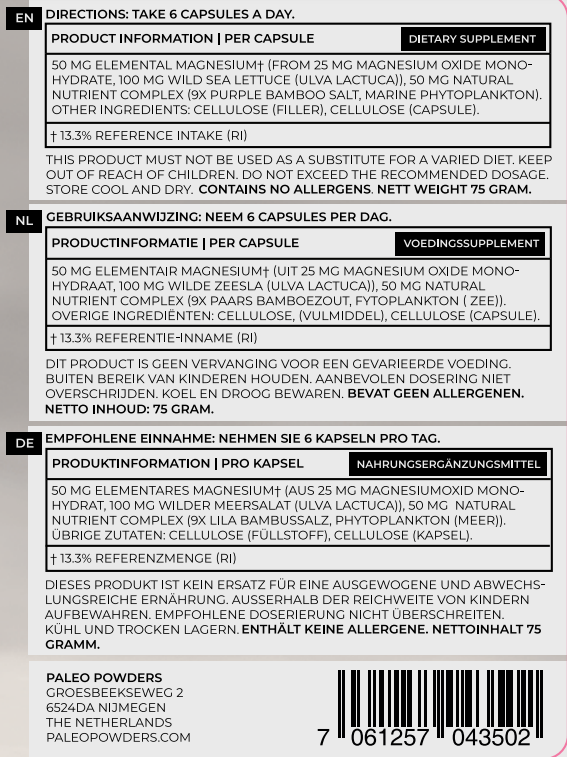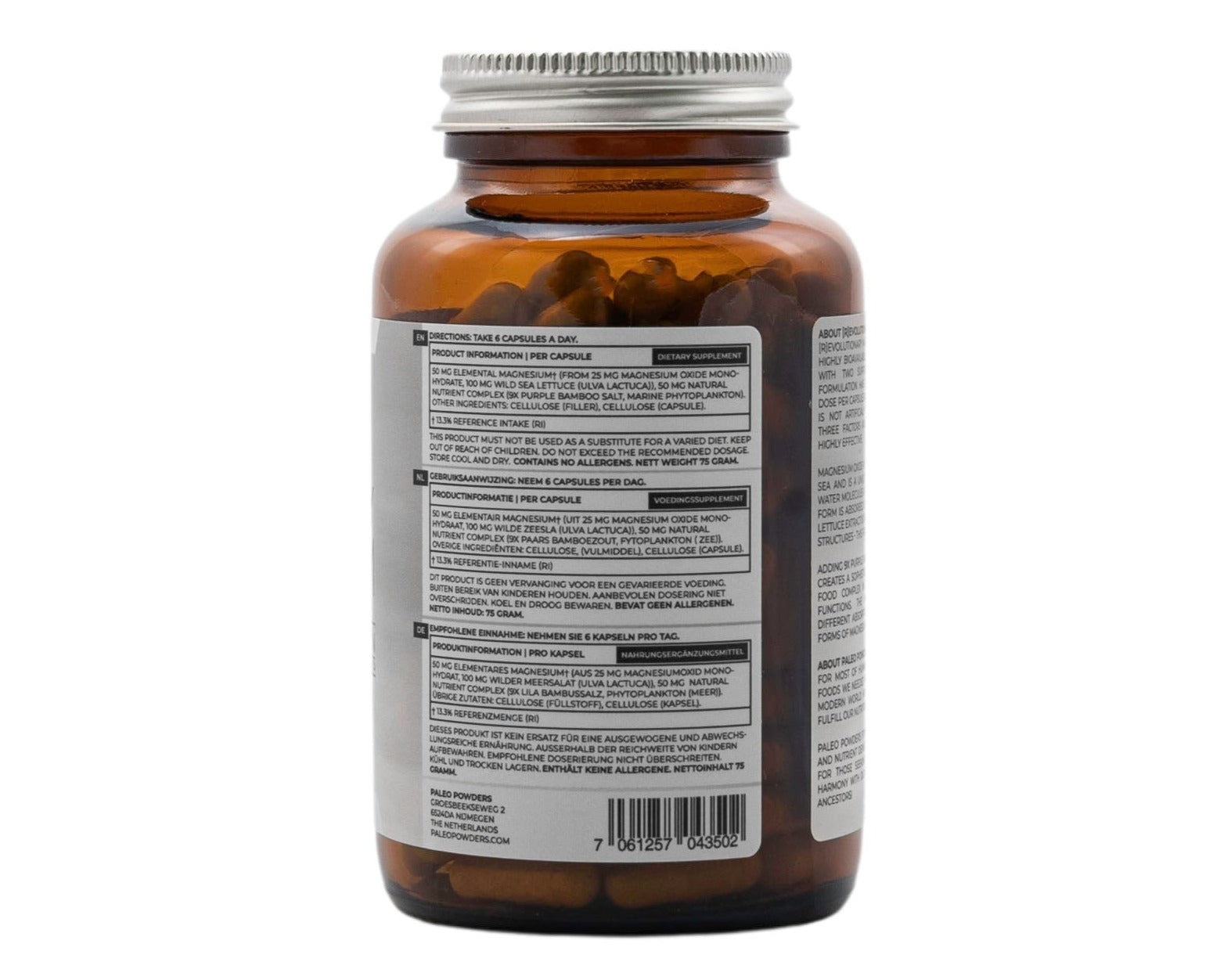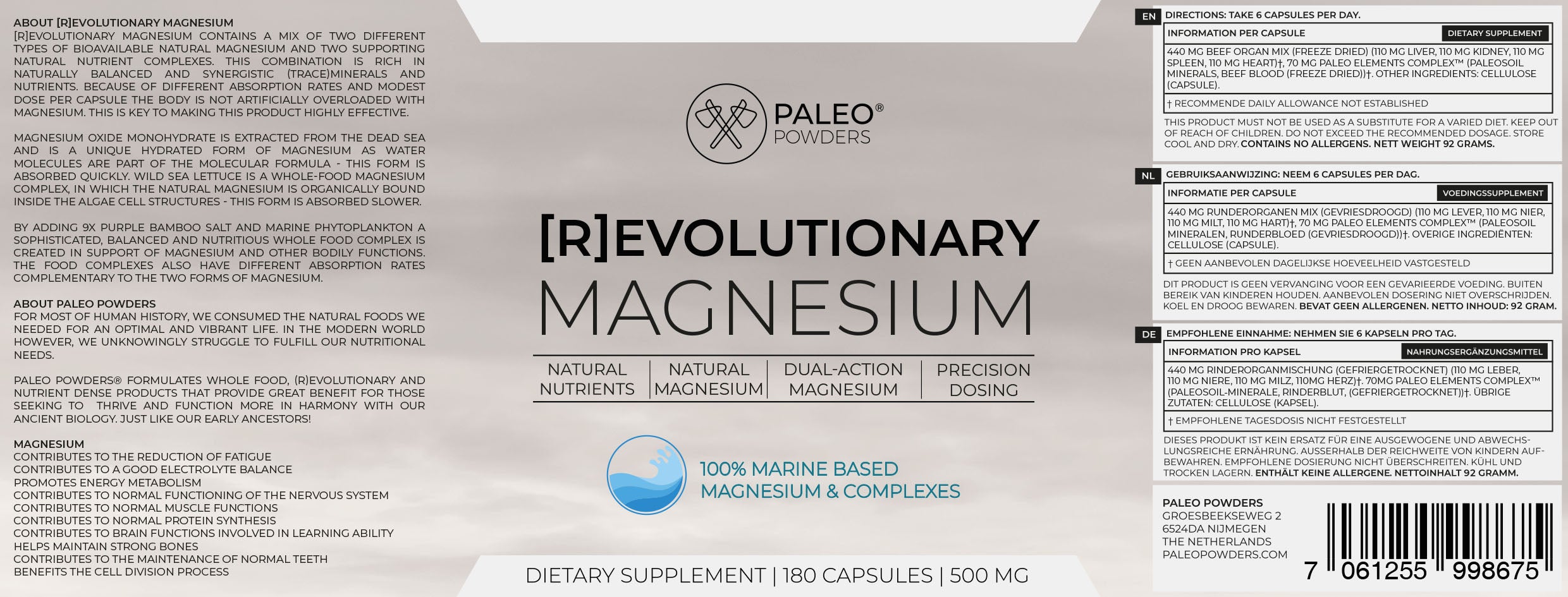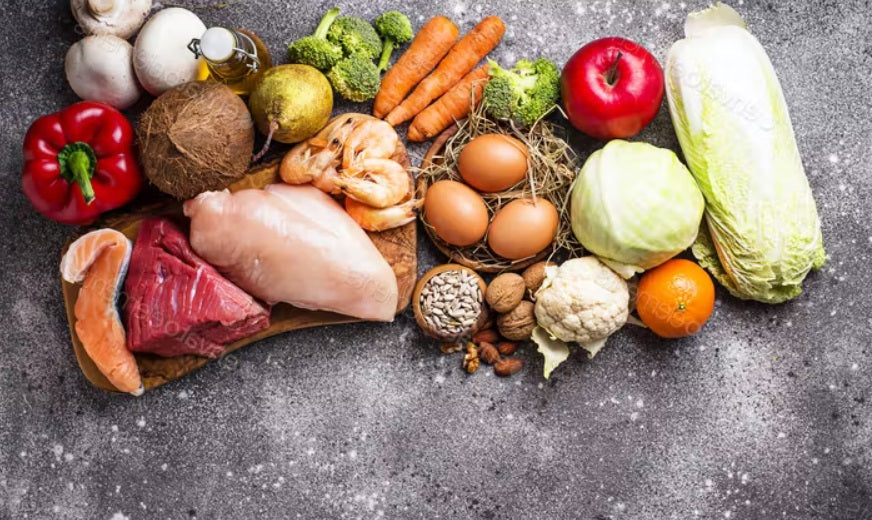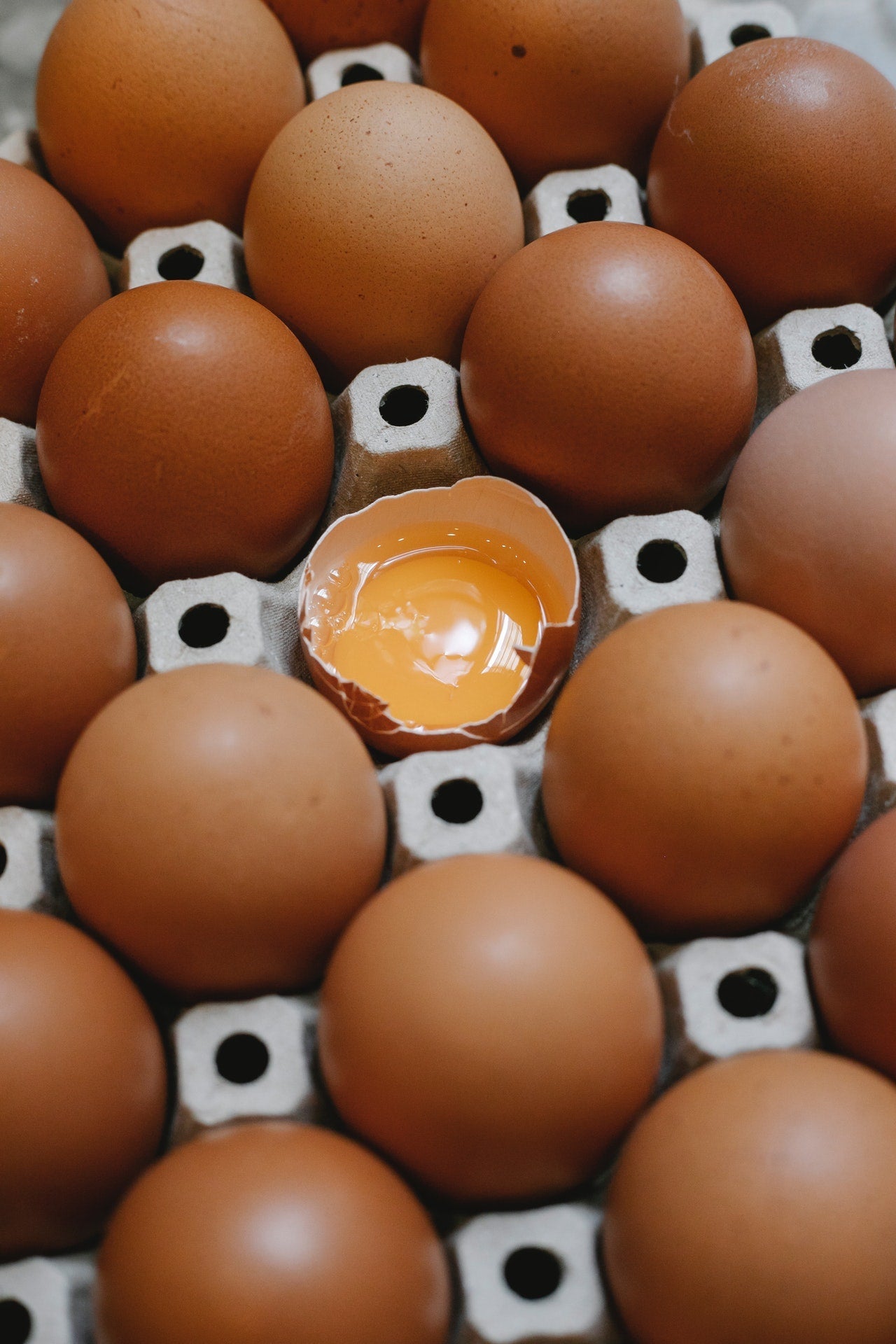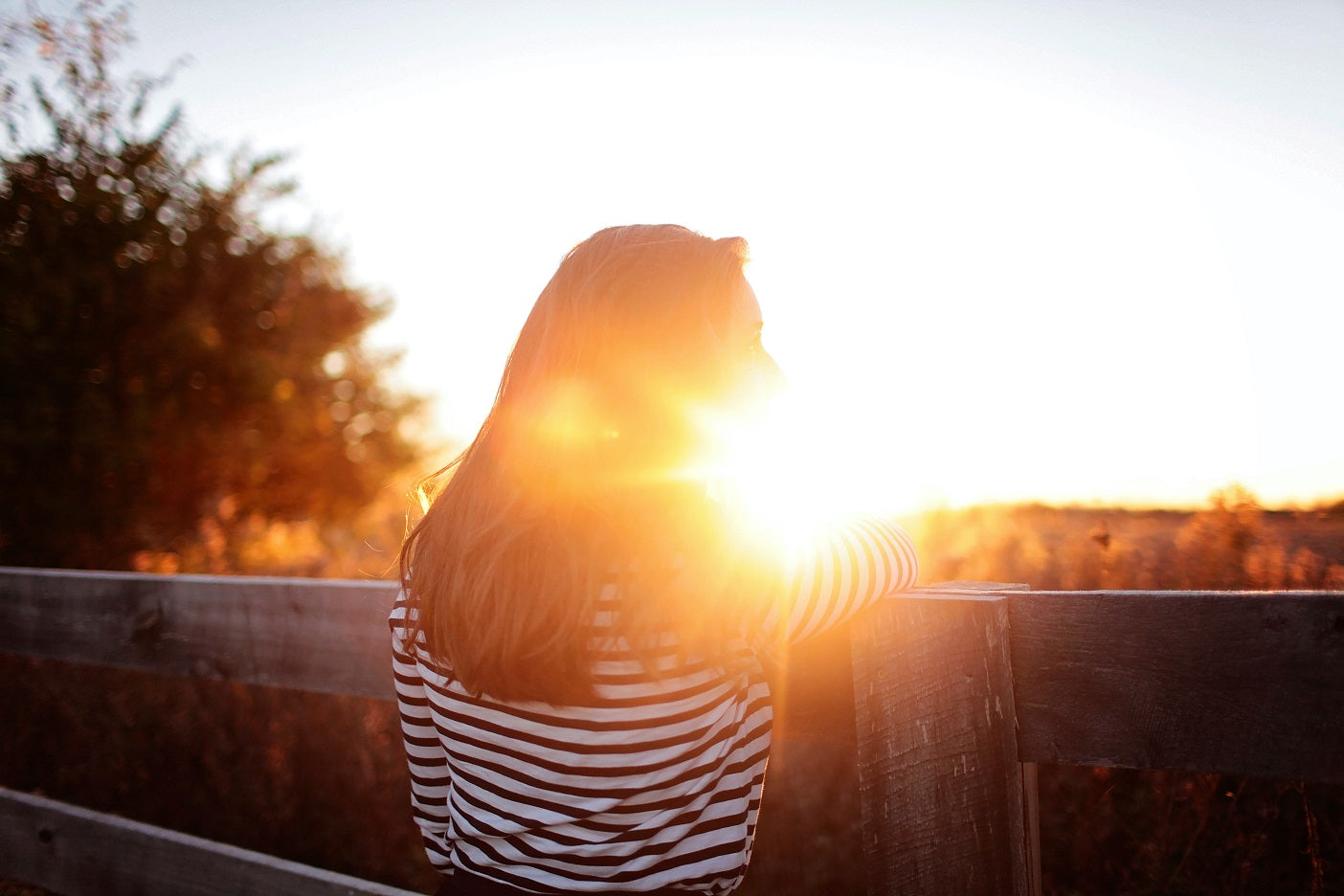
Biohack; sun exposure!
Our ancestors did not have sunscreen and umbrellas to protect them from sunlight. They weren't inside either. In fact, they would only have been in the shaded shelters when they were sleeping. Hunting, gathering or traveling was done outside in the sun.
So if sunlight is so bad for us, how did our ancestors survive? The truth is that we have evolved to adapt to the sun and there are benefits to be had.
If we apply ancestral wisdom, we can learn that there are actually quite a number of benefits to sun exposure! And why we should embrace sunlight instead of avoiding it.
Benefits of sun exposure
Exposure to sunlight is something we humans can thrive on! Getting enough sunlight has some amazing benefits for the body and mind. Soaking up the sun safely is just one easy way to promote optimal health. Some advantages are:
Vitamin D: the sunshine vitamin
Perhaps the most well-known benefit of sunlight is that it provides us with vitamin D. Amazingly, human skin has evolved to make vitamin D with the help of the sun's rays. Vitamin D is essential for the human body.
How is vitamin D made from sunlight?
Our skin can be compared to a solar panel, which absorbs and converts sunlight, such as the active form of vitamin D.
UVB rays from sunlight (the same rays that block sunscreens) react with a protein in the skin called D3 - the active form of vitamin D. This photochemical reaction allows us to produce the most powerful and effective form of vitamin D to make!
Although you can get vitamin D from food sources, very few foods are naturally rich in D3. If you don't eat meat or fish, this is reduced even further.
There is no specific research that definitively tells us how much sun we need to meet our vitamin D needs. This of course also varies from person to person and is influenced by other factors such as skin color, time of day and clothing worn.
Sunscreen and vitamin D synthesis
Sunscreen reduces the risk of sunburn and skin damage by blocking the sun's UVB rays. Since these are the same UVB rays that the skin would normally convert into vitamin D, using sunscreen inhibits the body's ability to synthesize vitamin D from sunlight.
Of course, the type of sunscreen you use, how often it is applied, and the amount of time you are exposed to sunlight all affect the degree to which vitamin D synthesis is inhibited.
Vitamin D synthesis decreases drastically compared to exposing natural skin to sunlight.
Circadian rhythm
The circadian rhythm is our sleep-wake cycle, also called our biological clock. It uses environmental cues such as light and dark, temperature and more to let the body know when it's time to sleep.
So it makes sense that more sunlight signals to the brain that it is daytime and keeps us awake and alert. Research has also shown that the more natural sunlight we get during the day, the easier we will sleep at night.
Sunlight for mental health
Besides replenishing our vitamin D levels and giving us a healthy glow, sunshine is also great for our mood and mental well-being.
In fact, the short days and long nights of winter can significantly affect our mood and contribute to Seasonal Affective Disorder (SAD). This is a condition that some people suffer from in the winter months, with low mood and even depression. A combination of reduced exposure to sunlight and lower vitamin D levels is one of the main causes.
Light therapy or phototherapy can be used as an effective treatment!
How can you safely enjoy the sun without sunscreen?
By enjoying the sun occasionally and safely without sunscreen, you can already enjoy the benefits of sun exposure. Please note the tips below:
- Avoid being in the sun for long periods of time during the hours when the sun is at its hottest
- Be careful if you have pale skin, red hair and moles or freckles
- Sit in the shade occasionally and make sure you stay hydrated
- Never expose sunburned skin to more sunlight, always wait until it has completely healed.
- Get a good night's sleep, our resistance to sunlight is determined by a circadian rhythm, so getting enough sleep best prepares your body for sun exposure
- Enjoy small periods of sun exposure without sunscreen, 10-15 minutes at a time and build up slowly


